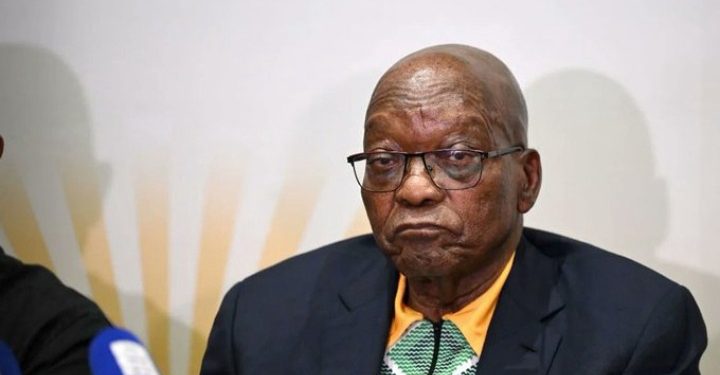Former President Jacob Zuma, expelled from the African National Congress (ANC) after founding the controversial MK Party, has announced his determination to regain his membership in the party he once led. Zuma framed his plan as part of a broader effort to unite black political parties under the MK banner, which he described as a tribute to his ancestors.
“I will take back my ANC by uniting black parties under MK to honour my ancestors,” Zuma declared, his tone firm and unwavering. Despite his expulsion, the veteran politician emphasized his unwavering allegiance to the ANC’s ideals, asserting that his principles remain aligned with the party’s foundational values.
Zuma’s expulsion from the ANC came in response to his formation of the MK Party—a move perceived by the ruling party as a direct challenge to its authority. At the time, Zuma defended his decision, arguing that the MK Party was created to champion the needs of the marginalized and to revive principles of economic freedom and land redistribution, which he claimed the ANC had neglected.
Supporters of the MK Party see Zuma’s latest declaration as a rallying cry. “He remains a unifying figure in South African politics. His plan to unite black political movements under MK could reshape the political landscape,” said a senior MK Party member.
Zuma’s ambitions have reignited debates about his lasting influence and the future of South African politics. While the feasibility of his plan to reclaim ANC membership and unite black political movements remains unclear, it underscores the enduring divisions within the ANC and the shifting dynamics of the nation’s political sphere.
This development highlights not only the ongoing internal tensions within the ANC but also the potential for a broader reconfiguration of South Africa’s political alliances.






















